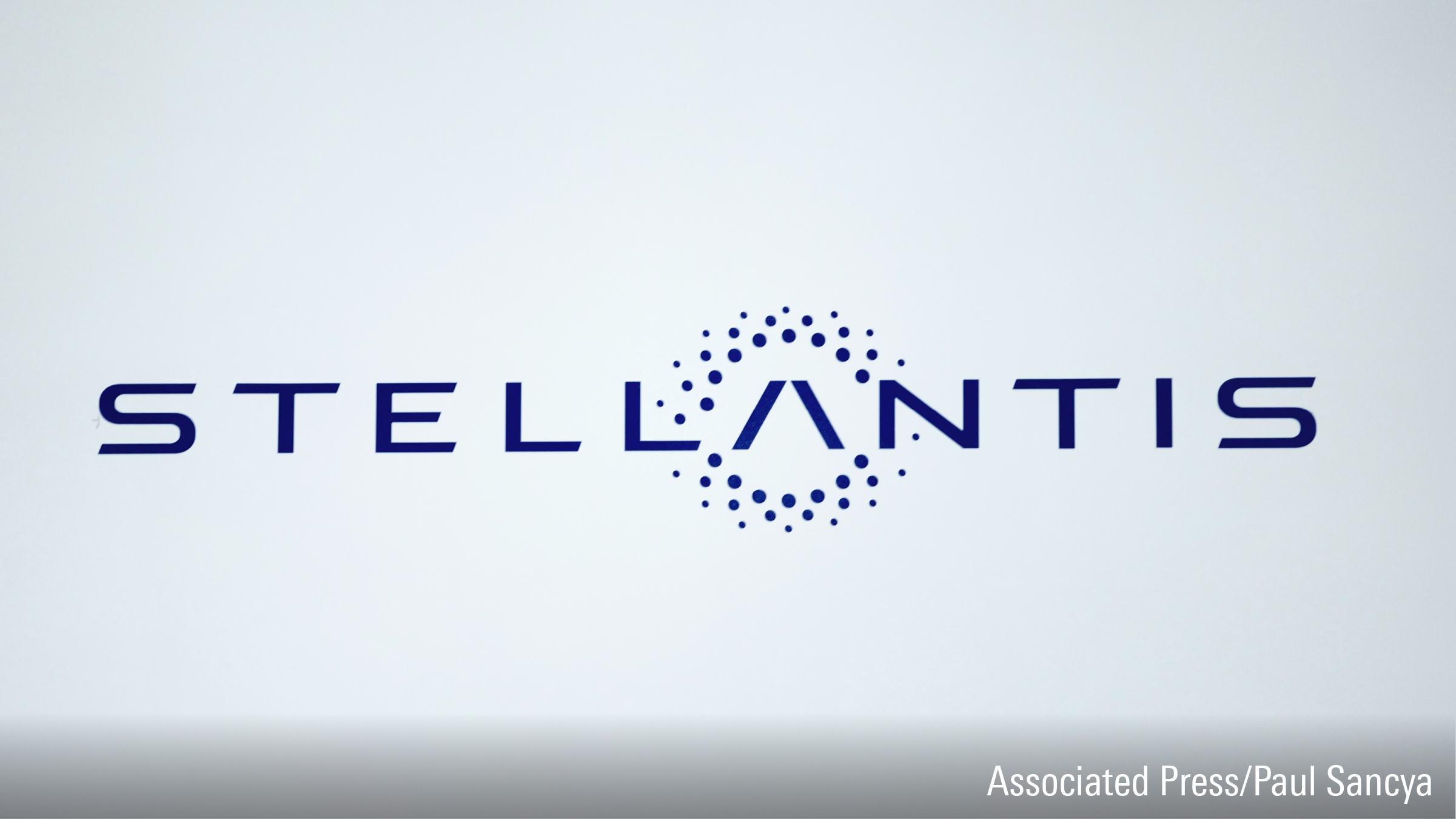
Systemic racism isn’t just about how African Americans are treated by police and the justice system. That’s one dimension of a much broader problem. It is also responsible for the pandemic disproportionately impacting African Americans. And it’s responsible for deep-seated economic inequalities that we as a nation have failed to address.
To better understand the scope of the wealth gap, this Washington Post article, with its insightful charts, is a depressing but absolute must-read. As is this Brookings Institution report from February. And Morningstar’s Christine Benz has compiled a comprehensive collection of statistics on the intersection of race, income and wealth.
Here are some highlights:
- The median net worth of a white household in the United States is 10 times greater than that of a black household, a disparity that has grown over the past half-century.
- Having wealth means having a personal safety net to deal with life’s emergencies. Measuring by liquid assets, an average white family has six times more cash on hand that the average black family.
- Having wealth eases the path to a university education and homeownership, both of which are also significant wealth creators. And, of course, having wealth provides the ability to build more of it through investing.
The Way You Invest Matters
Change has to come from many directions. If you are fortunate enough to be an investor, keep in mind that the way you invest matters. You have the means to contribute to change via your investments. That's not to say the only action you should take is becoming an ESG or impact investor, but don’t fall for it if your financial adviser waves you off and urges you to just invest the way it’s always been done and give some of your gains to charity.
That’s a terrible and naive argument. Terrible because you can generate at least as much in returns via sustainable investing as you can by conventional means, leaving you with as much or more money for charitable donations.
Terrible, too, because it doesn’t recognise how much sustainable investors can impact corporate decision-making through direct engagement and proxy voting.
Naive because it suggests that corporate behaviour isn’t connected to creating or solving societal problems. Corporations are not just money-makers for investors, who can take that money and, if they choose, use it to help solve societal problems through philanthropy. Corporations have a tremendous impact on the way we live our lives and they have helped structure - and have benefited from - the system we have now.
Through engagement and proxy voting, sustainable investors can push for change at the corporations they hold in their portfolios. Sustainable investors press companies on their diversity and inclusion policies, on the composition of their boards, on the way they pay employees - particularly lower-wage workers whom we are more fully recognising as essential during the pandemic - on labour relations generally, and on where corporate lobbying and political expenditures go.
What Are Companies Doing?
Over the next year, you can bet that sustainable investors will closely question what corporations are doing to fight systemic racism. Investors have the means to drive change. An all-out attack on systemic racism requires every tool in the box.
Here is an example of how one prominent asset manager, Calvert Research and Management, intends to engage on systemic racism with companies it owns by asking businesses to:
- Provide the information required to accurately assess their racial diversity.
- Provide pay equity disclosure across race and gender.
- Publicly state what they are doing to combat racism and police brutality, including action taken to address failures in our education system.
Morningstar's Jackie Cook wrote last week that employee welfare and political influence are among the big ESG issues that have been voted on at company annual general meetings so far this year. And with another month still to go in this year’s proxy season, a record number of environmental and social shareholder resolutions have passed with majority shareholder support in 2020. Since April, 17 resolutions have garnered at least 50% support.
Meanwhile, Nia Impact Capital’s founder and chief executive Kristin Hull lists seven actions investors can take to push for racial justice.
Things You Can Do Now
And, finally, here’s something every public company in the US should do, starting right now:
- Encourage every employee to register to vote and make it easy for them to do so.
- Educate employees on their location's voting rules, poll locations, hours, early voting, absentee and mail-in voting, especially in those parts of the country that have erected barriers to voting.
- Make sure every employee is given the time to vote, including paid time off if necessary. This is key because a conflicting work schedule is the biggest reason why people say they don't vote.
- Given the likelihood that Covid-19 will still pose a threat to public health, educate employees about how to vote safely.
Our democracy is in peril. Corporations should step up in this moment to make sure everyone can vote, and vote safely, in 2020.
Jon Hale, Ph.D., CFA, is head of sustainability research for Morningstar. This article originally appeared on Morningstar US.











:quality(80)/cloudfront-us-east-1.images.arcpublishing.com/morningstar/6BCTH5O2DVGYHBA4UDPCFNXA7M.png)

















